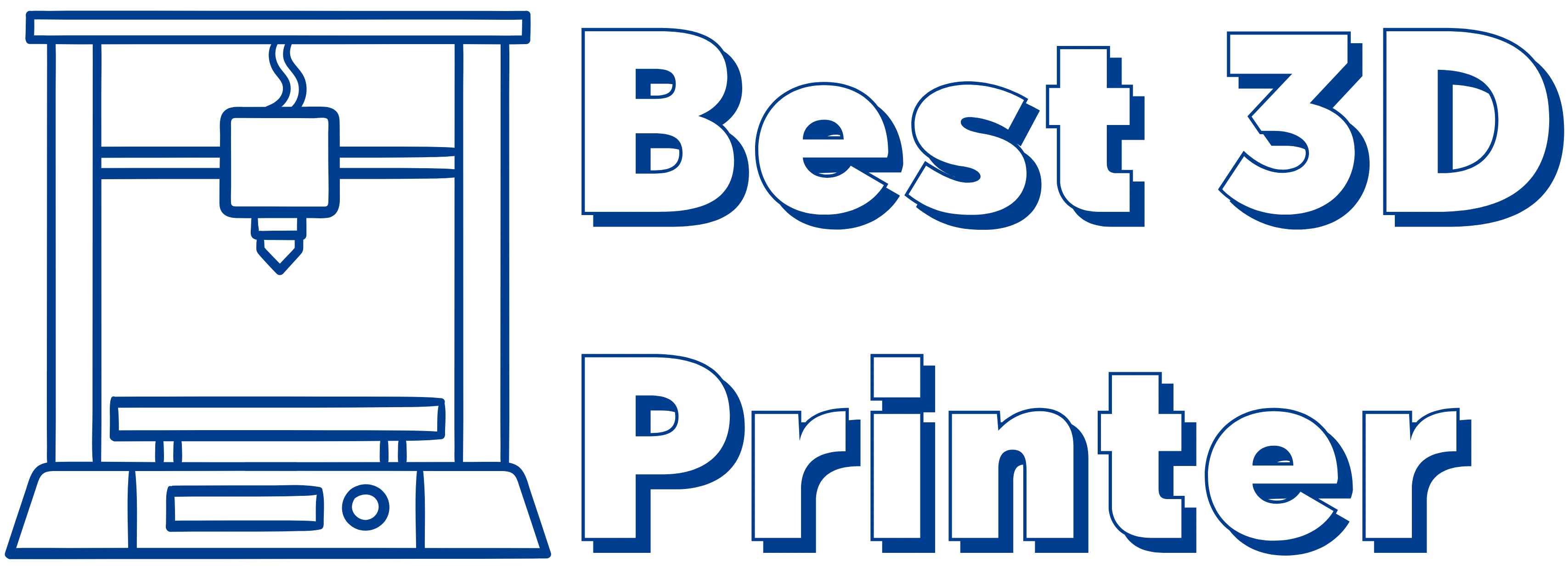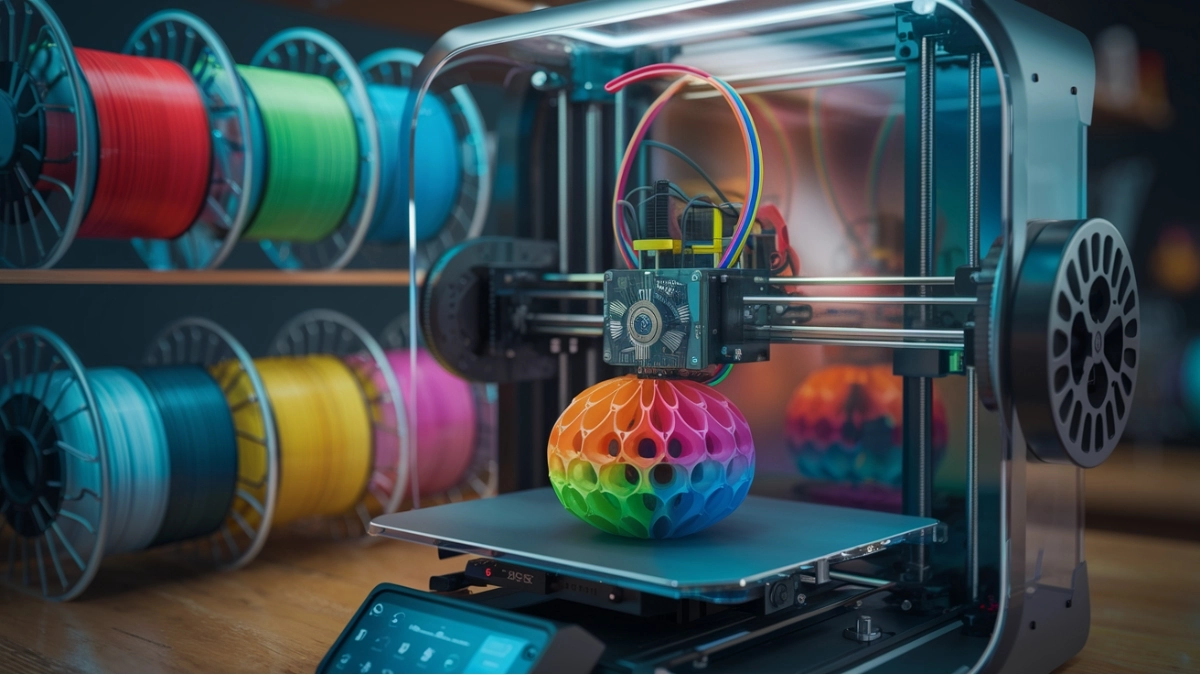3D printing has revolutionized how we create and innovate, but choosing the right 3D printer and filament can be overwhelming with so many options available. Whether you’re a beginner or an experienced maker, finding the perfect combination of printer and filament is essential for achieving high-quality prints.
In this guide, we’ll explore the best 3D printers and filaments available in 2025, help you understand the different types of filaments, and provide expert tips to make the right choice.
Why Choosing the Right 3D Printer and Filament Matters
The success of your 3D printing projects depends largely on two factors:
- Printer Quality – A reliable 3D printer ensures accuracy, speed, and consistent results.
- Filament Type – The filament you use impacts the strength, texture, and appearance of the final print.
A mismatched printer and filament can lead to poor print quality, clogs, and even hardware damage. That’s why it’s crucial to pair the right filament with the right printer.
Top 3D Printers for 2025
Here are the best 3D printers currently available, offering a balance of quality, affordability, and ease of use:
🏆 1. Creality Ender 3 V3 SE
- Build Volume: 220 x 220 x 250 mm
- Printing Speed: Up to 250 mm/s
- Filament Compatibility: PLA, ABS, PETG
- Price: $199 – $250
- Ideal for beginners and hobbyists.
- Open-source design allows easy upgrades.
- Excellent community support.
🥈 2. Prusa i3 MK4
- Build Volume: 250 x 210 x 200 mm
- Printing Speed: Up to 300 mm/s
- Filament Compatibility: PLA, ABS, PETG, TPU, Nylon
- Price: $799 – $999
- High precision and reliability.
- Automatic bed leveling.
- Compatible with multiple filament types.
🥉 3. Bambu Lab X1 Carbon
- Build Volume: 256 x 256 x 256 mm
- Printing Speed: Up to 500 mm/s
- Filament Compatibility: PLA, ABS, PETG, TPU, PA
- Price: $1,199 – $1,499
- Fast printing with high accuracy.
- Multi-color printing capability.
- Smart AI-powered features.
Types of 3D Printer Filaments and Their Uses
Choosing the right filament is just as important as selecting the right printer. Here’s a quick overview of the most common filament types:
PLA (Polylactic Acid)
- Best for: Beginners, prototypes, decorative prints
- Pros: Easy to print, biodegradable, low warping
- Cons: Brittle, low heat resistance
PETG (Polyethylene Terephthalate Glycol)
- Best for: Functional parts, outdoor use
- Pros: Strong, flexible, moisture-resistant
- Cons: Prone to stringing
TPU (Thermoplastic Polyurethane)
- Best for: Flexible prints, phone cases, gaskets
- Pros: Highly flexible, strong
- Cons: Slow printing speed
Nylon
- Best for: High-strength parts, functional prototypes
- Pros: Strong, flexible, impact-resistant
- Cons: Absorbs moisture, difficult to print
How to Choose the Best 3D Printer and Filament
Follow these key factors when choosing your 3D printer and filament:
- Budget: Consider both the initial cost and long-term maintenance.
- Print Volume: Ensure the printer can accommodate the size of your desired prints.
- Material Compatibility: Check which filaments the printer can support.
- Ease of Use: Look for features like automatic bed leveling and touchscreen interfaces.
- Print Speed and Quality: Faster printers save time, but consistency matters too.
Expert Tips for Better 3D Printing Results
- Keep your filament dry to avoid clogs and poor prints.
- Regularly clean the nozzle and print bed for consistent results.
- Use the correct print temperature and bed temperature for each filament type.
- Store filaments in airtight containers with desiccants to prevent moisture absorption.
Conclusion
Choosing the right 3D printer and filament can transform your 3D printing experience. Whether you opt for a budget-friendly Creality Ender 3, a precise Prusa i3 MK4, or a high-speed Bambu Lab X1 Carbon, understanding the different filament options and how they work with your printer is key to successful printing.
By investing in the right combination of printer and filament, you’ll unlock endless creative possibilities and consistently produce high-quality prints.
FAQs
The Creality Ender 3 V3 SE is one of the best 3D printers for beginners due to its affordability, ease of assembly, and reliable performance.
ABS and Nylon are known for their strength and durability. ABS offers heat resistance, while Nylon provides flexibility and impact resistance.
Keep your filament dry, use the recommended print temperature, and clean the nozzle regularly to avoid clogs.
Yes, most 3D printers support multiple filament types like PLA, ABS, and PETG, but always check the printer’s compatibility before use.
PLA is biodegradable and easy to print but less heat-resistant. ABS is stronger and more heat-resistant but prone to warping and requires a heated bed.

